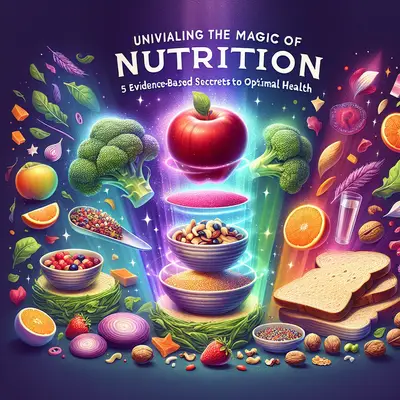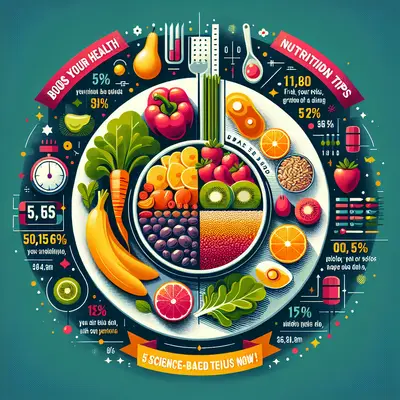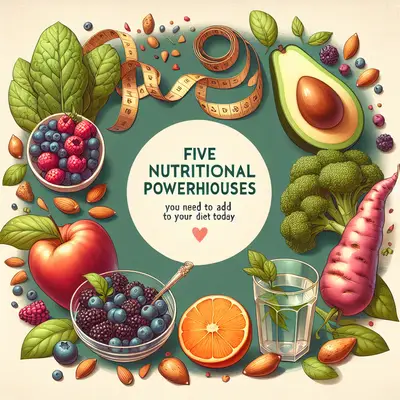L-Theanine
A rare gem among supplements, L-Theanine is an amino acid found primarily in tea leaves. Studies suggest it promotes relaxation without drowsiness, making it a potential help for managing stress and improving sleep quality[^1^]. As an added bonus, it may also boost cognitive function and support the immune system[^2^].
Ashwagandha
Ashwagandha, a cornerstone of ancient Ayurvedic medicine, is gaining recognition in the western world for its impressive health benefits. This adaptogenic herb may help reduce anxiety and depression, improve fertility and testosterone in men, and even boost brain function[^3^]. Its potential anti-cancer properties are also being explored[^4^].
Spirulina
Spirulina, a type of blue-green algae, is a nutritional powerhouse. It's packed with protein, Vitamins B1, B2 and B3, iron, and other nutrients[^5^]. Evidence suggests spirulina has antioxidant and anti-inflammatory properties and may help lower bad cholesterol levels[^6^].
Rhodiola Rosea
Another adaptogen, Rhodiola Rosea, has been used for centuries in Russia and Scandinavian countries to cope with the harsh climate and stressful life. Research shows it can help fight fatigue and symptoms of depression[^7^], enhance brain function, and even improve exercise performance[^8^].
Probiotics
While not exactly uncommon, probiotics are often overlooked in the supplement discussion. These beneficial bacteria and yeasts can improve digestive health, reduce depression, promote heart health, and even provide an immunity boost[^9^].
Conclusion
These five unseen heroes of the supplement world, although not as well-known as their counterparts, can make a significant difference when it comes to enhancing your health and wellness. As with any supplement, it's essential to consult with a healthcare provider before starting a new regimen to ensure it's right for you.
[^1^]: https://www.sciencedirect.com/science/article/pii/S0924224499000448
[^2^]: https://www.ncbi.nlm.nih.gov/pmc/articles/PMC4728665/
[^3^]: https://www.ncbi.nlm.nih.gov/pmc/articles/PMC3252722/
[^4^]: https://www.ncbi.nlm.nih.gov/pmc/articles/PMC3487234/
[^5^]: https://www.ncbi.nlm.nih.gov/pmc/articles/PMC3136577/
[^6^]: https://www.ncbi.nlm.nih.gov/pmc/articles/PMC2907180/
[^7^]: https://www.ncbi.nlm.nih.gov/pmc/articles/PMC6208354/
[^8^]: https://www.ncbi.nlm.nih.gov/pmc/articles/PMC3541197/
[^9^]: https://www.ncbi.nlm.nih.gov/pmc/articles/PMC4006993/



